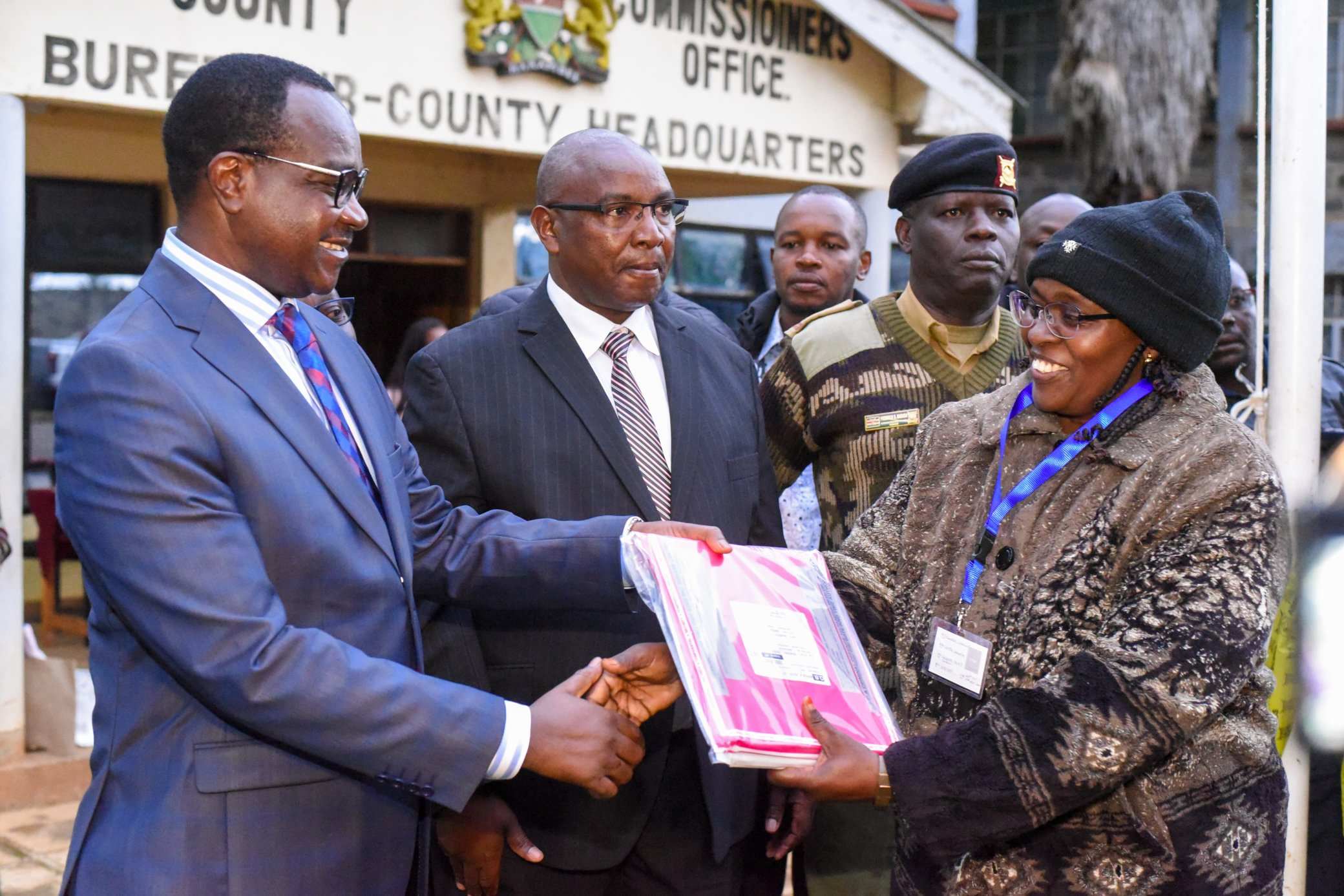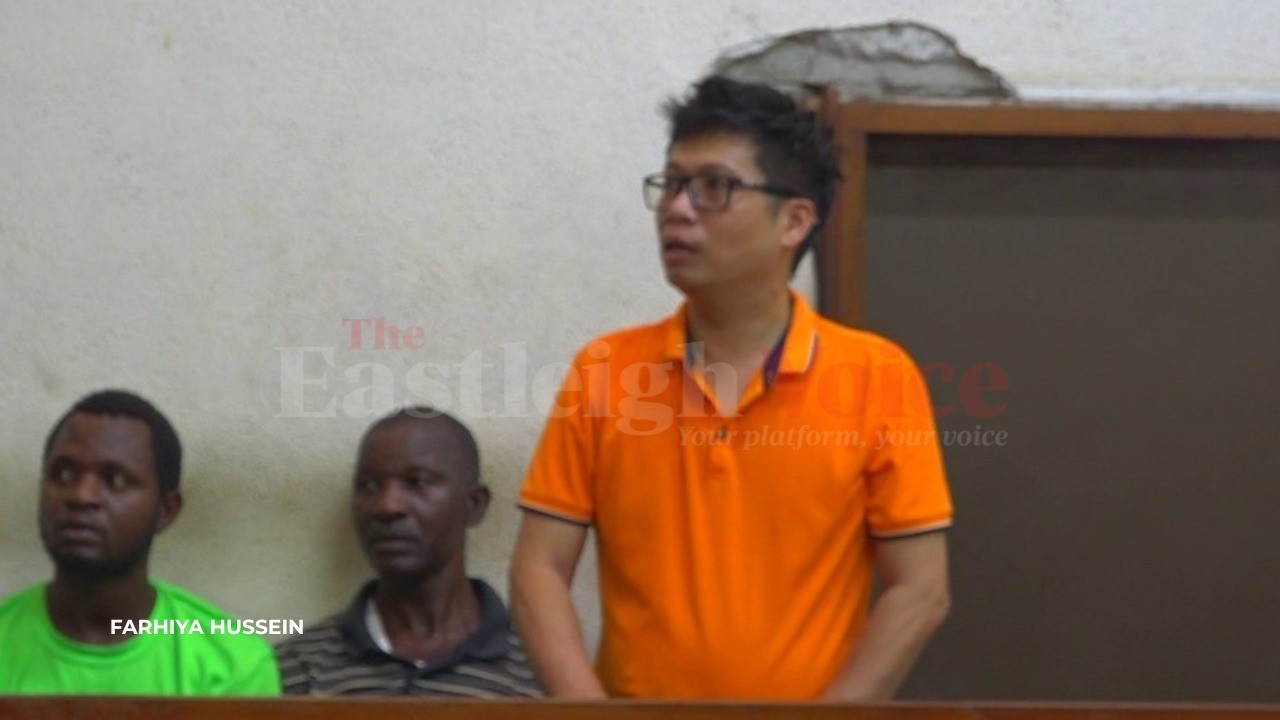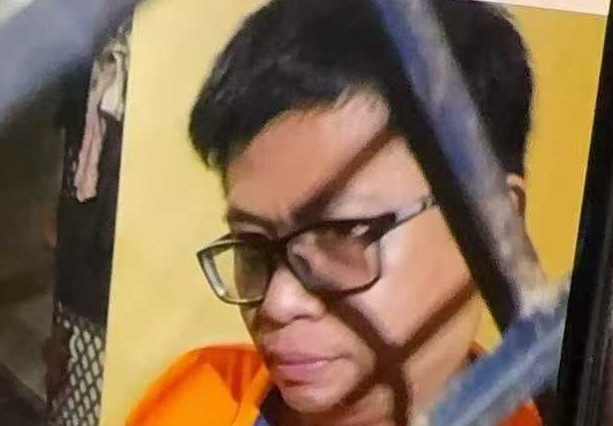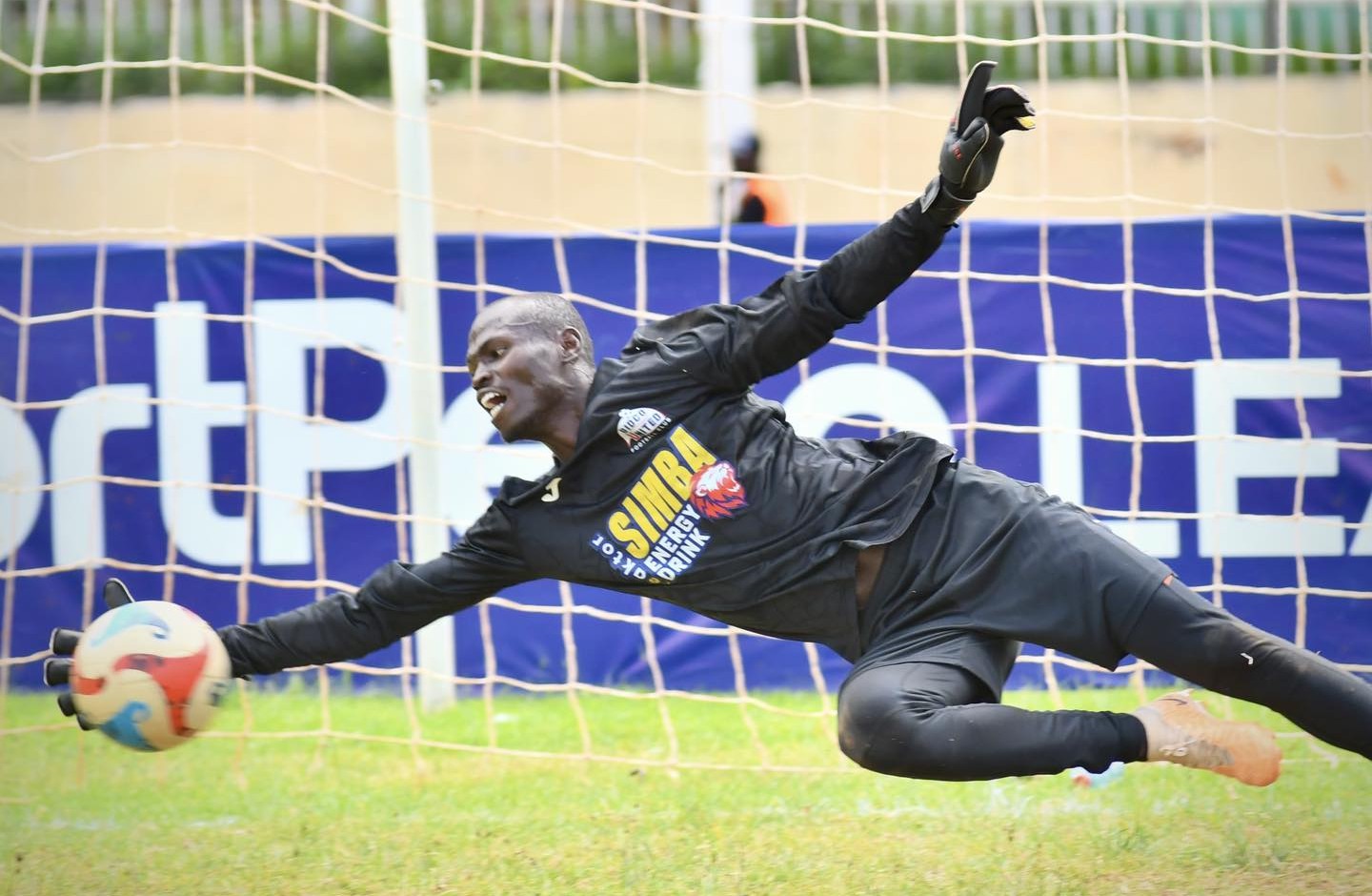KCSE marking starts under tight supervision to ensure fairness

This year, candidates’ names and index numbers have been removed from all scripts, with identification slips packed separately to guarantee impartiality.
The Kenya National Examinations Council (KNEC) has enforced strict integrity measures to ensure that the marking of this year’s Kenya Certificate of Secondary Education (KCSE) papers is conducted with the highest standards of accuracy and fairness.
This year, candidates’ names and index numbers have been removed from all scripts, with identification slips packed separately to guarantee impartiality.
More To Read
- Over 800 KCSE examiners halt marking over Sh5,000 unpaid allowances
- 78 people arrested over exam malpractice as KCSE enters final stretch
- Five arrested for impersonating students in ongoing KCSE exams
- KCSE enters third week as government steps up efforts to ensure smooth exams amid floods
- Hundreds of exam candidates stranded by Elgeyo Marakwet mudslides to be airlifted for national exams
- KNEC faces Sh3.7 billion funding shortfall, raising fears over KCSE disruptions
KNEC Chief Executive David Njengere said the council will retain only examiners who uphold the highest levels of integrity.
“Any examiner who presents false claims or attempts to defraud the Council will be dismissed instantly. Future engagements will depend on how well one observes the rules and regulations,” he said.
Examiners from schools implicated in KCSE irregularities have been removed from the 2025 marking roster. Invigilators and supervisors from compromised centres in previous years and this year are also excluded.
A total of 32,558 examiners will undertake the KCSE marking across 40 centres. All scripts will undergo strict double-checking and validation before final results are approved.
KNEC has further introduced a full supervisory chain in which all examiners, except those in charge, work under senior examiners and must follow their instructions. Mobile phones are banned in marking rooms and will remain under supervision. Examiners are required to stay at the marking centres unless cleared by KNEC, and everyone entering or leaving a marking centre will undergo security checks.
Examiners are also barred from discussing marking matters on social media or with the press and must disclose any connection to candidates or centres to avoid conflict of interest.
This year’s KCSE introduced personalised exam papers printed with each candidate’s details to prevent impersonation. Morning and afternoon papers were packaged separately to guarantee secure handling and tracking.
The 2025 KCSE saw 418 candidates caught engaging in malpractice, down from 614 in 2024, a 31.9 per cent decline. The Ministry of Education attributes the reduction to stricter surveillance and more meticulous planning.
Education Cabinet Secretary Julius Ogamba, speaking at the Nyamira North Sub-County DCC office during the opening of a KNEC examination container, said the smooth completion of the exams reflected Kenya’s continued commitment to integrity, fairness and credibility in national assessments.
Ogamba commended the dedication of centre managers, supervisors and invigilators.
“For several weeks, centre managers have risen as early as 4:00 am or 5:00 am to report to the examination container at 7:00 am daily to collect examination materials. Supervisors and invigilators have prepared examination rooms each morning to ensure that every learner begins their paper on time and in a conducive environment. Their consistency and discipline have been central to the success of this examination season,” he said.
More than 110,000 personnel from the Ministry of Education, the Ministry of Interior and schools were involved in administering the examinations. The Ministry ensured that all registered candidates sat the exams, including those hospitalised and willing to participate. Ogamba also expressed condolences to the families of candidates who passed away during the examination period.
Despite the overall success, 418 cases of malpractice were reported. Ogamba said investigations are ongoing, and those found culpable will face sanctions under the KNEC Act of 2012, including nullification of results, deregistration of examination centres, disqualification of candidates, and, in impersonation cases, barring offenders from KCSE until 2027.
“I wish to emphasise that all reported cases will be thoroughly investigated, and appropriate action will be taken in accordance with the KNEC Act, including cancellation of results, barring of candidates from future KNEC examinations and prosecution of all individuals found culpable of abetting examination malpractice,” he said.
Ogamba further confirmed that the Kenya Junior School Education Assessment (KJSEA) marking is ongoing, with results expected by December 11 to allow placement of learners into Senior School pathways: Arts and Sports Science, Social Sciences, and STEM, based on their strengths and interests.
He urged the public to remain vigilant and report any suspected malpractice through KNEC’s official email and toll-free lines.
Top Stories Today














































